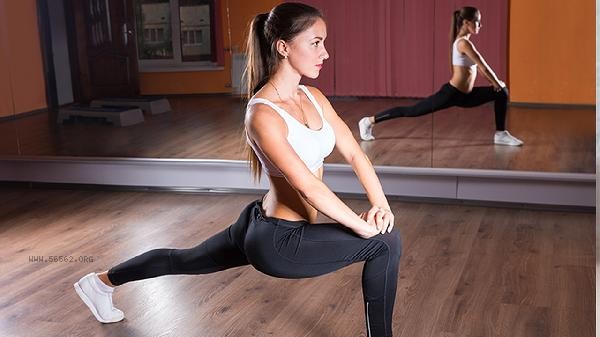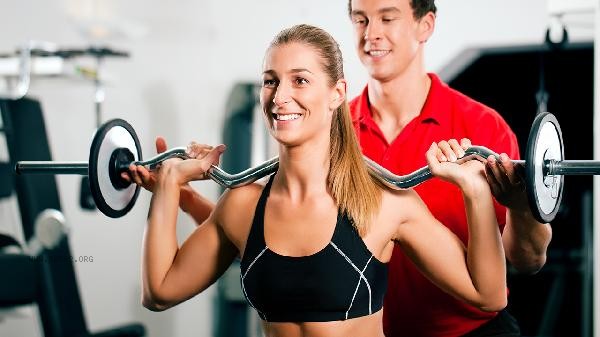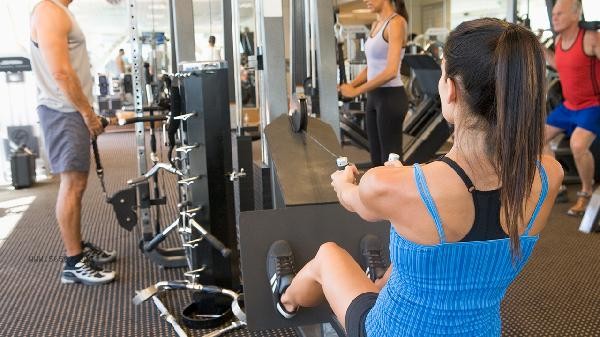It is recommended to use a small amount and multiple times of hydration during fitness exercises, and to supplement in stages before, during, and after exercise. Scientific hydration needs to consider factors such as hydration amount, electrolyte balance, and water temperature control.

1. Pre exercise hydration
Drink about 500 milliliters of water in portions 2 hours before exercise to avoid gastrointestinal discomfort caused by drinking a large amount of water at once. Sodium containing diluted salt water or sports drinks can be chosen appropriately to help store water and electrolytes in advance. Add 100-200 milliliters of water 15 minutes before exercise to bring the body into a hydrated state.
2. Moisturizing during exercise
Add 150-200 milliliters of water every 15-20 minutes, and choose electrolyte containing beverages for high-intensity exercise exceeding 1 hour. The amount of hydration can be adjusted according to the amount of sweat, generally not exceeding 800 milliliters per hour. Avoid excessively cold or carbonated drinks, and the water temperature should be between 15-22 degrees Celsius to reduce gastrointestinal irritation.
3. Post exercise hydration
Within 2 hours after exercise, 150% of the lost water should be replenished, and the specific amount of hydration can be calculated based on weight difference. Priority should be given to sugary electrolyte drinks to promote water absorption, with a sodium content of 500-700 milligrams per liter being optimal. Supplementing protein drinks can synergistically promote hydration, but avoid delaying hydration efficiency with high-fat drinks.

4. Electrolyte supplementation
For moderate to high-intensity exercise lasting more than 1 hour, electrolytes such as sodium, potassium, and magnesium should be supplemented. Adding 0.5-0.7 grams of salt per liter of water can prevent hyponatremia, and potassium rich foods such as bananas can be supplemented in combination. The electrolyte ratio of professional sports drinks is more in line with the needs of exercise, but there is no need for additional supplementation for daily low-intensity training.
5. Taboos on hydration
Avoid drinking more than 1 liter of water at once to prevent water poisoning, and avoid using alcoholic or caffeinated drinks to worsen dehydration. People with abnormal renal function need to control the amount of water supplement, and diabetes patients should choose sugar free electrolyte drinks. If symptoms of water poisoning such as dizziness and nausea occur, immediately stop drinking water and seek medical attention. Fitness enthusiasts should dynamically adjust their hydration strategies based on exercise intensity and environmental temperature. Daily observation of urine color can determine hydration status, with a light lemon color being the ideal state. It is recommended to equip a portable water kettle for regular hydration, and to conduct heat adaptation training in advance when exercising in high temperature environments. Long term high-intensity trainers can develop personalized hydration plans under the guidance of nutritionists, combined with blood sodium testing to optimize electrolyte supplementation levels. Reasonable hydration can not only improve exercise performance, but also effectively prevent exercise risks such as heat stroke.








Comments (0)
Leave a Comment
No comments yet
Be the first to share your thoughts!